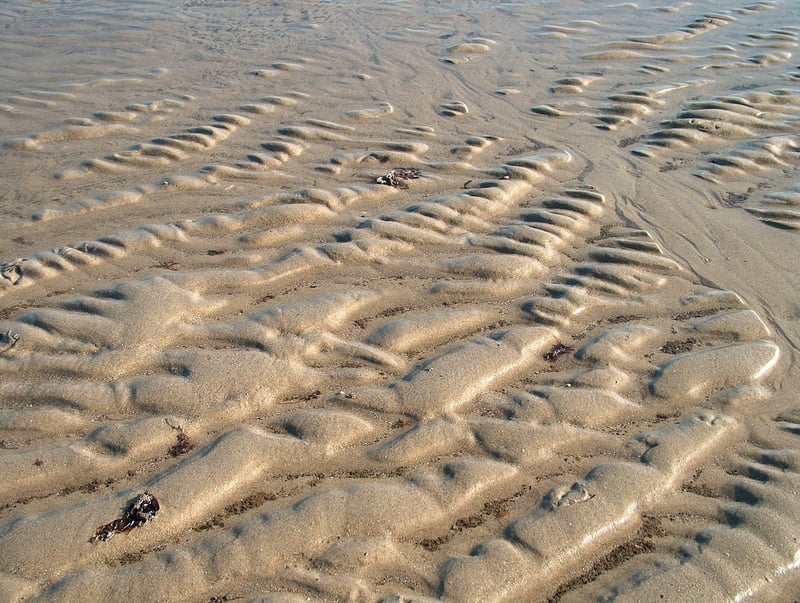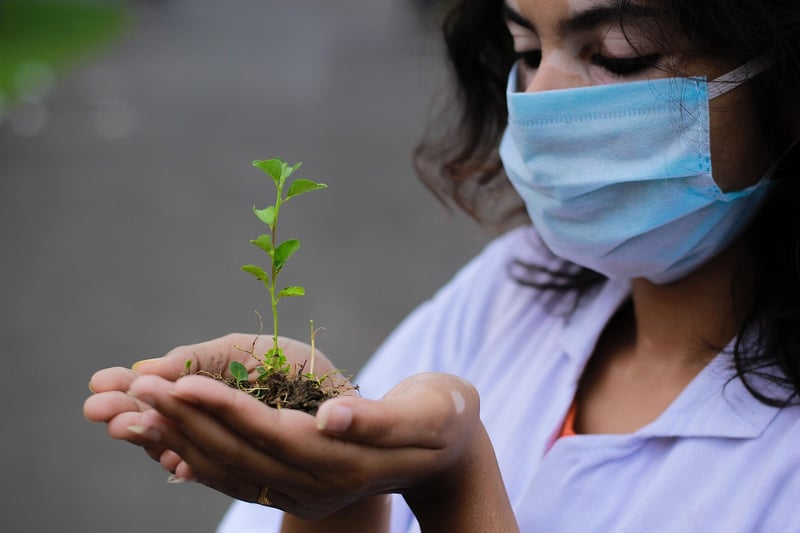Soil Health
Essential Plant Care Advice for Healthy Soil
Welcome to our guide on essential plant care advice for maintaining healthy soil in your garden or indoor plants. Soil health is crucial for the overall well-being of your plants, providing essential nutrients and a stable environment for roots to thrive. By following these tips, you can ensure that your plants remain vibrant and healthy throughout their growth cycle.
1. Choose the Right Soil
Start with good quality soil that is appropriate for the type of plants you are growing. Different plants have different soil requirements, so be sure to use a well-draining mix for succulents and cacti and a nutrient-rich soil for vegetables and flowering plants.
2. Water Wisely
Overwatering can lead to root rot, while underwatering can cause stress to plants. Find the right balance by checking the moisture level of the soil regularly. Water thoroughly when the top inch of soil is dry, but avoid letting the plant sit in waterlogged soil.
3. Provide Adequate Drainage
Ensure that your pots have drainage holes to allow excess water to escape. Proper drainage prevents water from accumulating at the bottom of the pot, which can lead to root problems and soil compaction.
4. Mulch for Moisture Retention
Applying a layer of mulch on top of the soil helps retain moisture, regulate soil temperature, and suppress weed growth. Organic mulches like compost, shredded leaves, or bark chips also add nutrients to the soil as they decompose.
5. Feed Your Plants
Plants rely on nutrients in the soil for healthy growth. Consider using organic fertilizers to supplement the soil with essential nutrients like nitrogen, phosphorus, and potassium. Be mindful of the specific needs of your plants and fertilize accordingly.
6. Monitor Soil pH
Different plants thrive in different soil pH levels. Test the pH of your soil using a simple kit from a garden center and adjust it as needed. Most plants prefer slightly acidic to neutral soil for optimal growth.
7. Rotate Plants and Refresh Soil
To prevent soil depletion and disease buildup, rotate your plants in different locations and refresh the soil periodically. Replenish nutrients by adding compost or organic matter to maintain soil fertility.
8. Watch for Signs of Soil Compaction
Compacted soil restricts root growth and inhibits water infiltration. If you notice water pooling on the soil surface or plants showing signs of stress, it may be a sign of soil compaction. Loosen the soil gently with a fork to improve aeration.
By following these essential plant care tips, you can promote soil health and create an optimal environment for your plants to thrive. Remember that healthy soil leads to healthy plants, so invest time and effort in maintaining the foundation of your garden's ecosystem.
Images source: Pixabay

